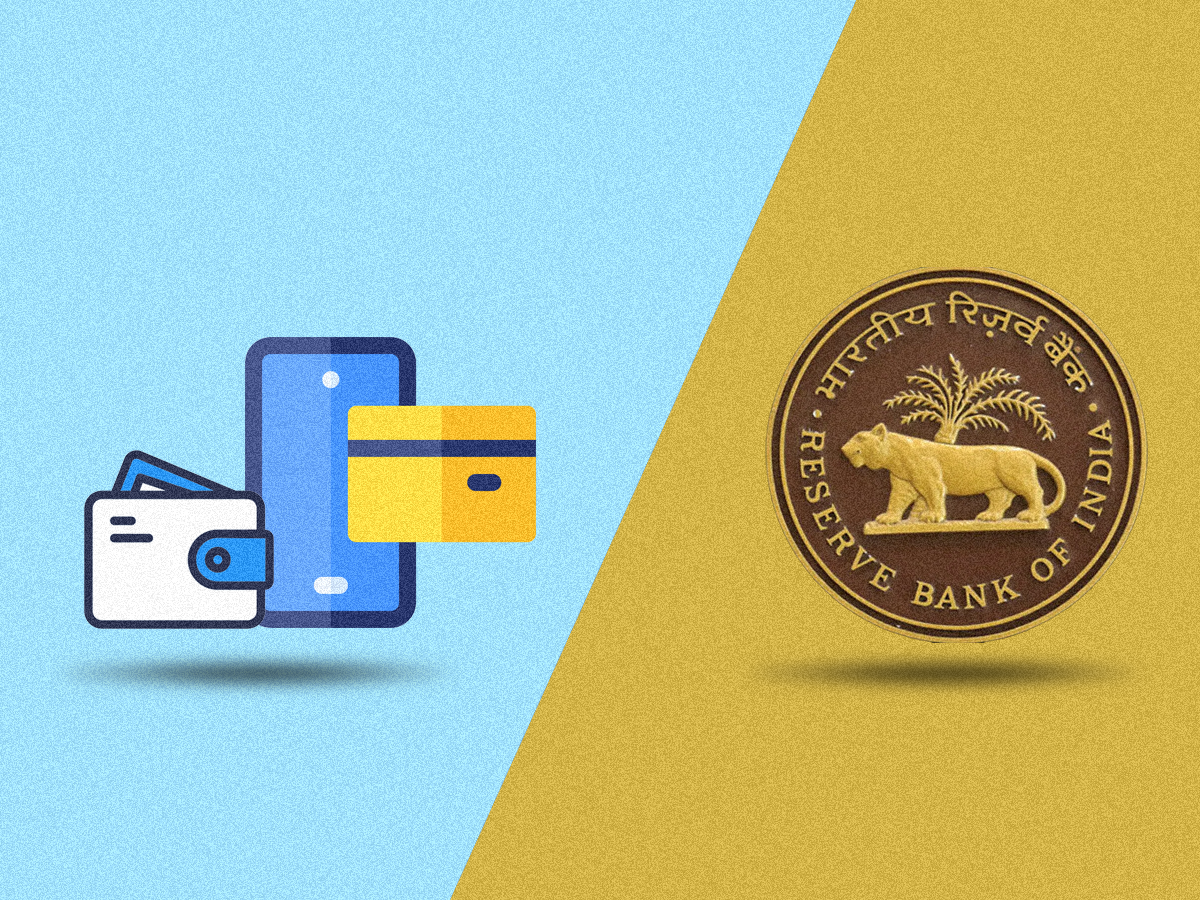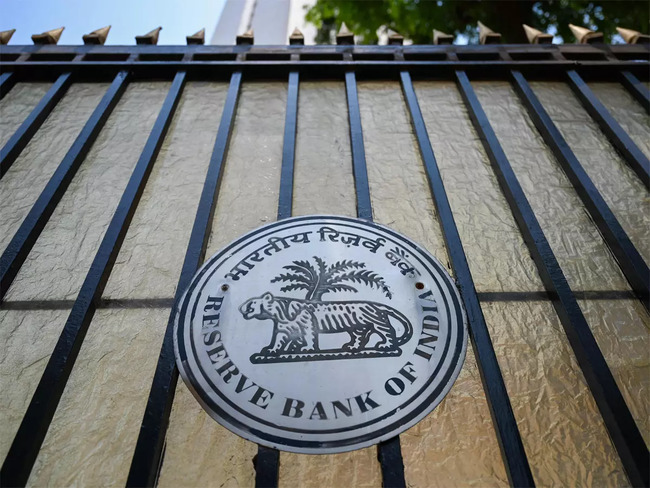Fintechs are optimistic they can fulfill the RBI deadline for current digital loans, but several obstacles remain.

According to industry participants, the regulator may decide to extend the deadline of November 30 only if a sizable portion of digital lenders have real difficulties in realigning their systems and procedures. The fintech sector is optimistic that it will meet the Reserve Bank of India’s (RBI) deadline of November 30 for adopting new digital lending regulations on existing loans, although many businesses struggle to change their current business models and procedures.
According to several fintech and industry groups, the majority of digital lenders and lending service providers (LSPs) appear to have enough time to re-align their procedures for current loans. According to them, the regulator may decide to extend the deadline only if a sizable number of digital lenders suffer real difficulties in realigning their systems and procedures.
The vice-president of the Digital Lenders Association of India and co-founder of the personal loan and neo banking platform Freo, Anuj Kacker, remarked that the RBI standards on digital lending are “very fair and sensible” (DLAI). The new regulations, among other things, address consent difficulties, boost cost transparency, raise data privacy, and prohibit the involvement of third parties in the transfer of cash from lenders to borrowers.
According to Kacker, “some participants would need to adjust their product offerings, but those who were operating a wholly illegal operation must close their doors.” We don’t believe that following these requirements will be a problem for many people.
Anubhav Jain, co-founder and CEO of fintech company Rupifi, said, “We believe the timeline is adequate for the majority of digital lenders and service providers to re-align their processes and any extension will be provided only if a significant portion of digital lenders are facing genuine challenges in re-orienting their systems and processes.”
However, many fintechs will be forced to change their current operating procedures and business structures as a result of the rules. Concerning borrower permission, data collection, and useful advice, there are certain practical problems, according to Jain of Rupify. The information needed from borrowers may vary depending on the loan product and the lender’s or LSP’s operating model, as well as the third parties and service providers participating in the entire value chain.
To avoid generating drop-off points in the onboarding process, Jain said it will be difficult to explain to borrowers the usage and sharing criteria of various data points. Additionally, he added, re-engaging with current borrowers and getting their approval will be a labor-and time-intensive process.
Furthermore, according to industry players, there will need to be a significant number of technological changes for the creation and storage of the so-called Key Fact Statement (KFS) and the change of disbursements from LSPs’ accounts to directly in the accounts of the regulated entity, wherever not already in place. They stated that this may affect sales and profitability.
According to Jasmeet Chhabra, senior vice president of Lenstra, “Fintechs will have to shoulder the expense of compliance and may not be able to pass it on to the borrowers.” Additionally, fintechs won’t be able to charge fees to borrowers and won’t be able to manage their capital flows. Fees and levies will mostly be determined by the regulated companies.
Furthermore, Chhabda continued, the consent-driven usage of borrower data will ensure that the secondary services offered by fintech are limited, as well as their ability to generate additional money through these services.
The regulatory aspect of bringing everything in-house would dramatically increase expenses, creating hard times for fintech, claims Kunal Jhunjhunwala, founder and managing director of airplay. According to Jhunjhunwala, margin pressure is being caused by increased capital costs and rising interest rates. “Margins will be further squeezed with this increased expense.”
Even though these issues are still in their infancy, fintech players seem confident that because only trustworthy parties will be able to successfully implement the RBI recommendations, the risk of losing clients to dishonest or non-compliant operators will decline and client loyalty to LSPs and lenders will rise. They claim that in the medium and long term, this will contribute to improved customer profitability measures.
According to the guidelines published by the RBI on August 10, all loan disbursements and repayments made through digital lending apps must be made directly between the bank accounts of the borrower and the regulated entity, without the involvement of the LSP, a third party, or any pass-through or pool accounts. Other than that, the regulated business and not the borrower are responsible for covering all fees or expenses incurred by LSP.

Second, the RBI has made it mandatory for the borrower to get an upfront disclosure of all-inclusive expenses in the form of an annual percentage rate. There is also a grace period during which a loan can be repaid without violating the terms of the loan contract. Additionally, the RBI has stated that the data acquired by DLAs should be need-based, have obvious audit trails, and only be done with the prior explicit agreement of the borrower to preserve data privacy.
On September 2, the RBI granted banks and fintechs a reprieve by giving them till November 30 to apply the new digital lending standards to already-existing digital loans. The regulator requested that regulated businesses implement “adequate” systems and procedures in the circular to guarantee that any current digital loans that had already been approved as of the date of the circular complied with the word and spirit of the rules as well.
According to the fintech companies we talked with, the practice is already being followed, so adhering to the deadline would not be problematic. Nageen Kommu, founder and CEO of Digital, stated that the timetables “from the outset appear to be doable, particularly since the majority of the genuine operators (LSPs and DLAs) are already complying with the standards offered.” “The majority of these modifications would only affect a small number of the foreign enterprise impacted operators.”
The chief executive of the Fintech Association for Consumer Empowerment (FACE), Sugandh Saxena, agreed. “We feel the timescales are extremely fair and attainable,” said Saxena. “Our employees were already working in the regulatory domain.” The underlying models, systems, and procedures will undoubtedly undergo significant changes. However, it is only fair that the sector adheres to a standard market behavior approach, following the legislation as it develops and grows.





